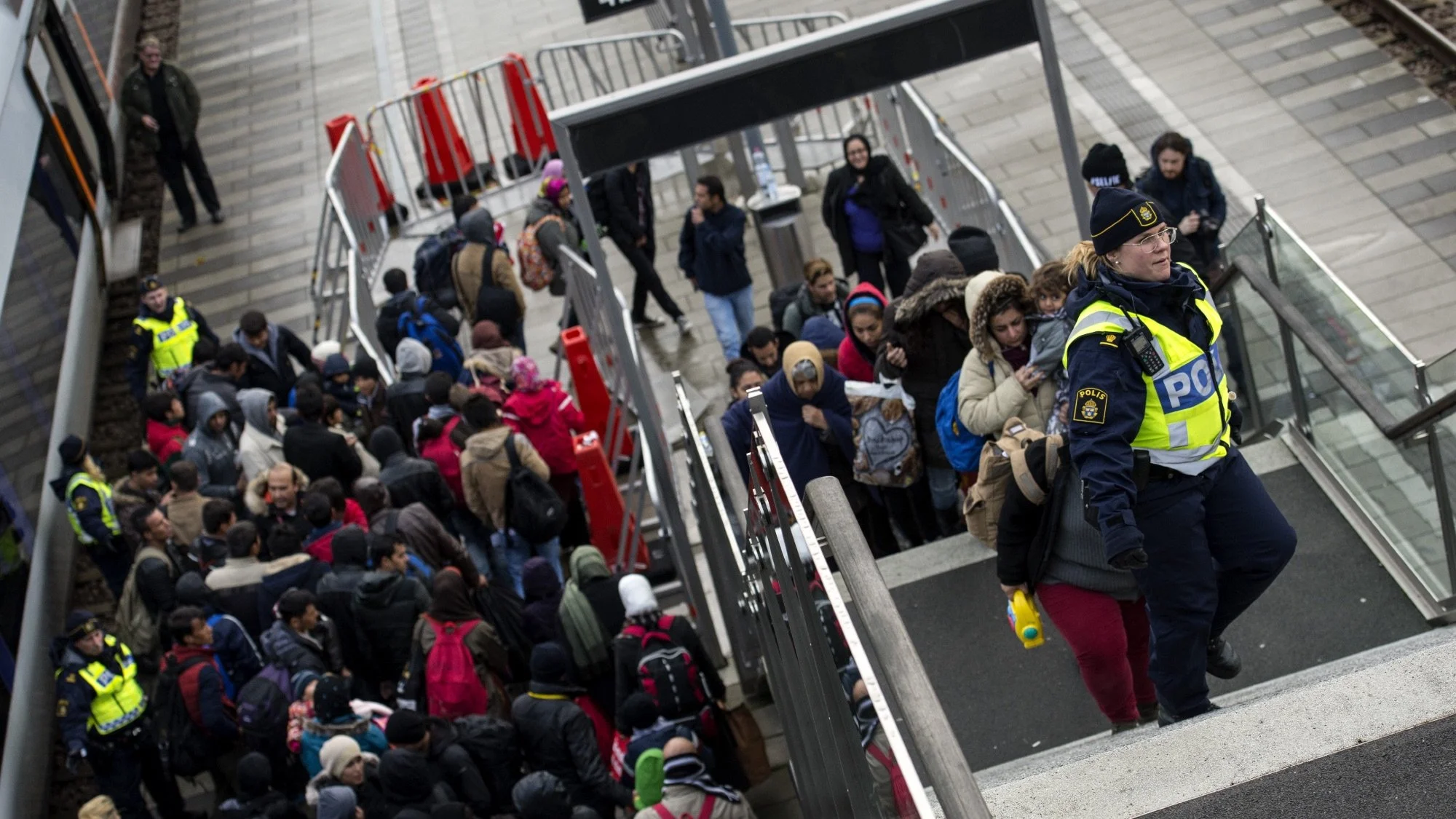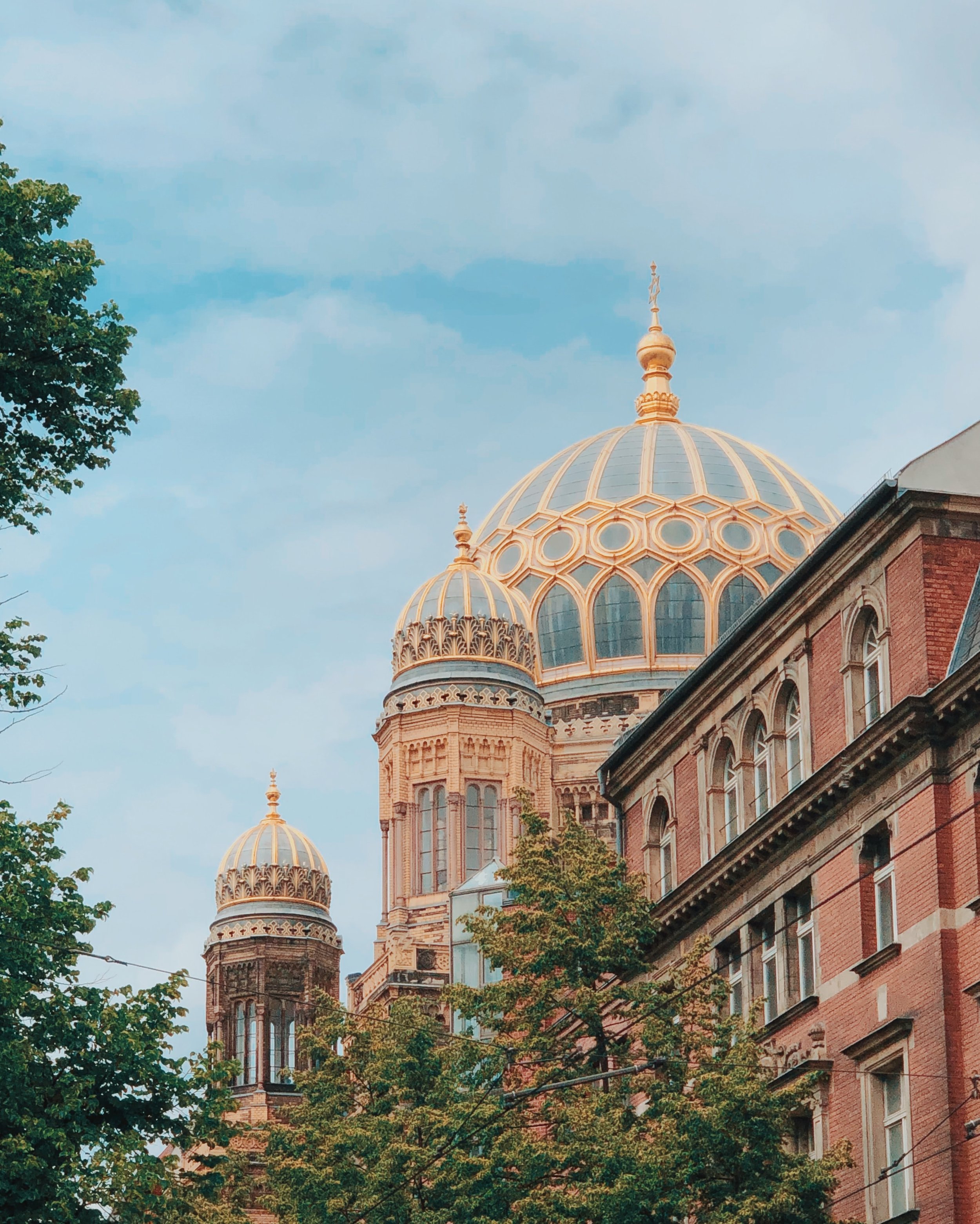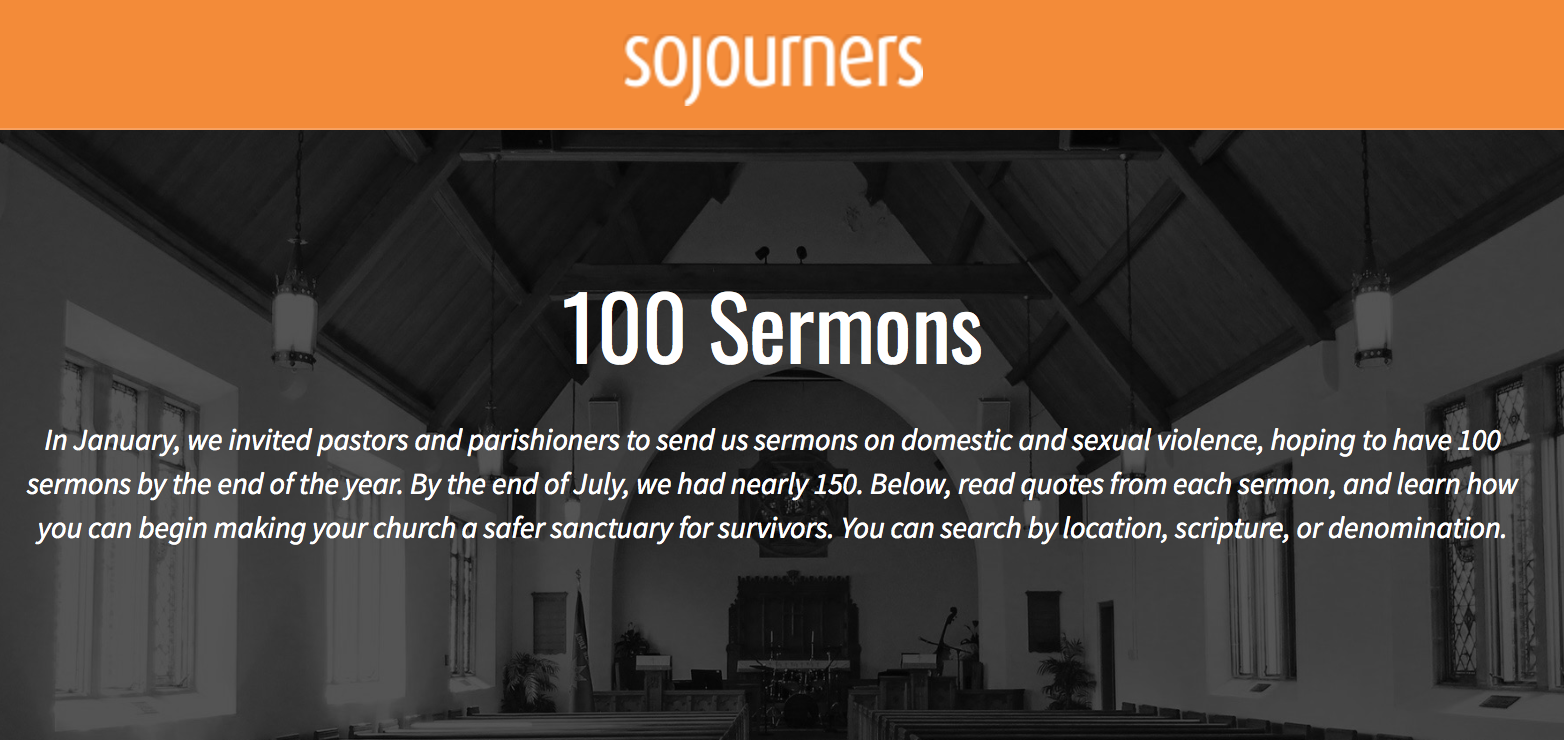Exhausted from a double-header of liturgy and preaching, Caleb came running up to hand me his Sunday-school artwork. It was a mosaic. Of sorts. He had attempted to craft a paper-maché and mixed media mosaic of the loaves and two fishes from the Tabgha chapel in the Sea of Galilee region in Israel.
Let us, to say the least, admit that Caleb is no Da Vinci. Perhaps more of a Picasso, but no classical artist for sure. The elementary mosaic had glue in all the wrong places, empty spaces, and roughly cut pictures of random loaves and cartoon fish.
Fine art it was not. But it was beautiful.
Like the Christian church itself it was muddled, misshapen, and makeshift. Naturally, I loved it for what it was and cherished it for what it represented for me — the fluky, flailing, and often times frightful church I find myself a part of.
In her latest book — Accidental Saints: Finding God in All the Wrong People — Pastor Nadia Bolz-Weber has written a story of her church, and the Church, that is raw, honest, and full of grace in all its visceral glory. If her last work, Pastrix, was her personal narrative told through life in community at House for All Sinners and Saints (HFASS) — the church she planted in Denver, CO — then Accidental Saints is the story of that community told through the personal lens of its “pastrix," Nadia Bolz-Weber.
What Bolz-Weber reveals is challenging, gender-bending, and boundary breaking for those with stricter, or more conventional, conceptions of why the Church exists, what it is, and who is part of it.
It is the story of saints who don’t quite fit the conformist molds and the account of their pastor who is broken, grace-filled, and transparent as she wrestles with God’s favor poured out on unlikely individuals and blessing coming through unorthodox benefactors.
That’s because, for Bolz-Weber, ‘saints’ = people who have accidentally stumbled into redemption. She wrote that all of us can, and in many ways already are, saints. In what can be the closest thing to an evangelistic appeal from Bolz-Weber, she said, “God wants you, you in your imperfect, broken, shimmering, glory.”
Grace is the central theme of Bolz-Weber’s work; but it ain’t your grandmother’s grace. Claiming she is “not bound by legalism and shame” Bolz-Weber proclaims “the freedom of a Christian” that is found in a grace-filled community of brokenness, imperfection, and stumbling, bumbling, inefficient, healing.
She talks about “the sting of grace.”
“It’s powerful, but it’s offensive at the same time, because it’s not fair, and it doesn’t work into our notions of justice. It changes us, and it’s what we need, but it doesn’t mean it feels good,” she said.
Reflecting on the book, Bolz-Weber added, “what I hope is that people would read this book and see [the glory of God in the midst of our crap] and realize how transformative it can be.”
Of course, this grace cannot be experienced outside of community. And community is central to the story of Bolz-Weber and HFASS. She said, “the beautiful, radical grace that flows from the heart of God to God’s broken and blessed humanity” is impossible outside community.
With that said, Bolz-Weber categorically does not offer up HFASS as a shining example for others to follow, nor does she want onlookers or spiritual tourists banging on her church’s door. Instead, she offers up the stories of her community of fractured selves as an example in radical, grace-filled, failure. She said, “I think we’re in a time in the life of the church where stories of failure are so much more important than stories of success.”
Why? Because that’s where resurrection comes in. Sometimes it comes like a beautiful song, other times like a brick through a window. Bolz-Weber said plainly that sometimes, “God’s mercy is a blunt instrument…the kind that kills the thing that wronged it and resurrects something new in its place.”
As far as the potential “unorthodoxy” of her views and the condemnation that comes from many corners of evangelicalism, and her own Lutheran tribe, she doesn’t seem too flustered. Instead, she marches boldly on in “Christian freedom” and doesn’t worry about the haters. Affirming that she is categorically not “a Christian apologist” Bolz-Weber is just doing her thing. All the while, she claims herself as a “pretty orthodox Lutheran theologian.”
Even so, she said, “Belief is going to be influenced by all sorts of things that I have nothing to do with, so I don’t feel responsible for that. I’m responsible for what [people] hear…the Gospel.”
For that matter, she sees herself as just another “accidental saint” with flaws, inoperative parts, and regular failures. If people get pissed about her colored language or her unusual take on things, so be it. Let the naysayers call her a sinner, a heretic, a pastrix. “I think that God’s work in the world is and has always been done through sinners,” she said.
She closed, “There’s nothing wrong with that.”






